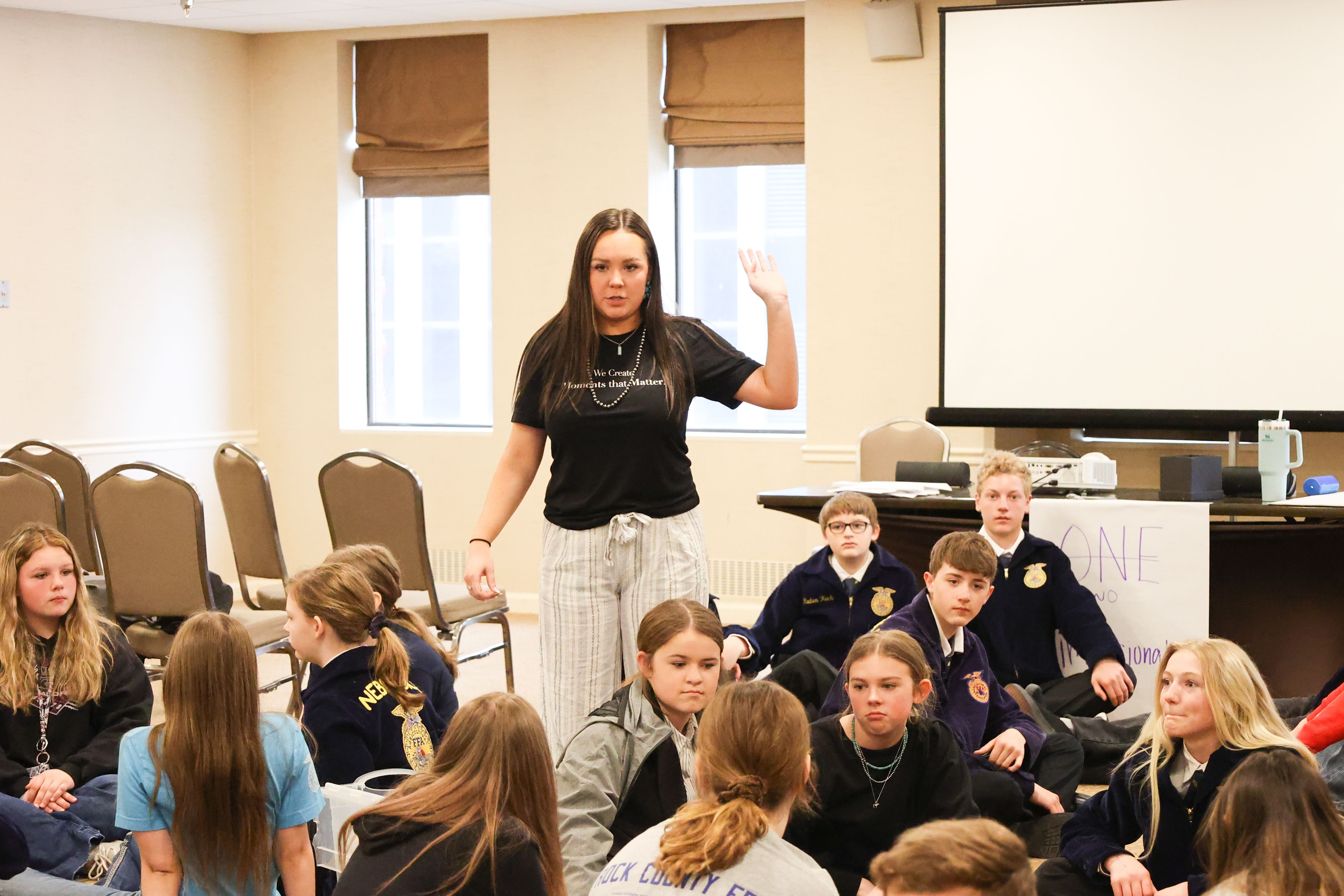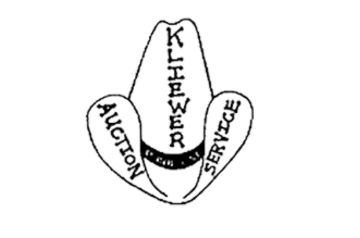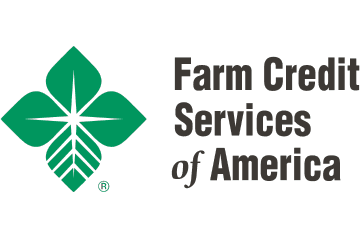FFA Members: Why are We Here?

This last week of MAPS, we talked to students about what the three pillars of FFA really are: Brotherhood, Agriculture and Leadership. At every convention or meeting with opening ceremonies, FFA members rise after the three gavel taps and the question, “FFA members, why are we here?”
We all have our specific stories and reasons for being "here”, but our individual reasons are not always tangible from person to person because we have become such a diverse organization. So, members end up creating entirely different stories for themselves and their FFA career and can often times not really know why they are here. So, when we say: “To practice brotherhood, honor agricultural opportunities and responsibilities, and to develop those qualities of leadership which an FFA member should possess,” we really need to take it to heart and prove to our members that those three pillars matter and can truly be relatable for every FFA member.
At the end of the day, we all need to eat. Whether you are vegan, vegetarian, pescatarian or have very specific dietary requirements, you still need to eat. FFA can be one of the most inclusive organizations because of that. As consumers, we all share some responsibility or piece of the agricultural pillar.
Regarding the pillar of brotherhood, I don’t know about you, but I prefer to eat at a full table or have food at a gathering. Most FFA chapters have food at almost every meeting, creating brotherhood and a community over a good meal which again reinforces the idea that we all need to eat.
Then there is the last pillar: leadership. A lot of members join FFA primarily for the leadership pillar because they don’t come from a traditional agricultural production background or need leadership skills to put on a resume. Leadership in FFA, however, seems to have taken away a lot of the focus from the other pillars, because it is a buzzword that gets students, parents, and community members excited. Don’t get me wrong, leadership was one of the reasons I joined FFA in 8th grade and why I wanted to be an ag teacher, but that can’t be all that we offer. The leadership pillar of FFA gives us our plaques and shiny gold medals that people can see, but without agriculture and brotherhood, these awards aren’t possible or celebrated. You need all three pillars collectively working together as a well-oiled machine.
Last year at UNL, something occurred that I never would have expected from a university in a top-five beef state. Dr. Patrick Brown came to the University of Nebraska-Lincoln to give a keynote presentation for a food science symposium. Dr. Brown is the founder of Impossible Foods and was originally asked to speak on the chemistry and science behind creating plant-based products that have a similar taste to meat, and on making a product that consumers are passionate about buying. The speech was then shared to professors and one of the lines stated that Dr. Patrick Brown believes in 100 years there should be no cows left and he will play an integral part in making sure that happens.
An animal science professor at the university found this line to be extremely shocking and quickly shared it with other faculty and students in their classes. As many students and graduates from the College of Agricultural Sciences and Natural Resources know, we are a close community that believes in the future of agriculture, many of us coming from the blue corduroy jackets. Dr. Brown’s line spread to my ALEC class, and we quickly began gathering a large group of producers and advocates to attend and defend our way of life. In just under three hours, we had over 25 students rearranging their schedules to attend this keynote speech. I want you to imagine 25 East Campus farm kids entering a lecture hall on Innovation campus. It was quite the sight and we definitely got looks and whispers. As we sat waiting for the keynote to begin, there was a sense of frustration in our group. What was impressive, however, was how we were able to sit and listen to a 2-hour presentation about how our way of life is ruining the world and needs to be diminished as quickly as possible, without speaking up until it was time for questions at the end. Let me tell you, that takes some great willpower and strength. Questions went on for over an hour and we were able to give insight into our livelihood to an individual that has never set foot on farmland or had a conversation with an actual rancher from a beef state.
Sadly, there was no swaying Dr. Brown’s perspective because he was profiting from his plant-based products and couldn’t understand our background. The story doesn’t end there though. Because of our frustration with this keynote and its content we were able to get the University of Nebraska-Lincoln’s chancellor Ronnie Green involved. The University was not made aware of the lecture content, and when they found out, they too were frustrated that students from production backgrounds were only made aware of the lecture content because an animal science professor stumbled upon what the lecture would entail.
Ronnie Green decided that there needed to be another keynote presentation from the opposite perspective and invited one of his good friends, who had been researching the effects of cattle on the climate for years, to speak on and to be part of a panel at the University just a few weeks later. The panel event had great attendance from people in production agriculture and those in food science that had attended Dr. Brown’s keynote.
After these two events took place, we created an understanding. Both perspectives were shared, and questions and research were presented from both sides. I can confidently say that Dr. Brown will not be invited back, but he did do something quite impactful. He gave people that are heavily involved in agriculture the opportunity to use their connections and community to build a new narrative. This one story demonstrates the importance of allowing students in the blue jackets to build brotherhood, honor agriculture and develop qualities of leadership in a balanced way. Without equal components of all three pillars, we can’t create well-balanced agriculturalists that understand agriculture, can connect to communities, and use leadership to create change. So, next time you stand up say why you are ‘here’, make sure your students know how powerful the words they say really are.






